20+
Supporting Organizations
Following the same idea behind Open Source Software,
an Open Source AI is a system made available under terms that grant users the freedoms to:
Use the system for any purpose and
without having to ask for permission.
Study how the system works and
understand how its results were created.
Modify the system for any purpose,
including to change its output.
Precondition to exercise these freedoms is to have access to
the preferred form to make modifications to the system, and to the means to use it.
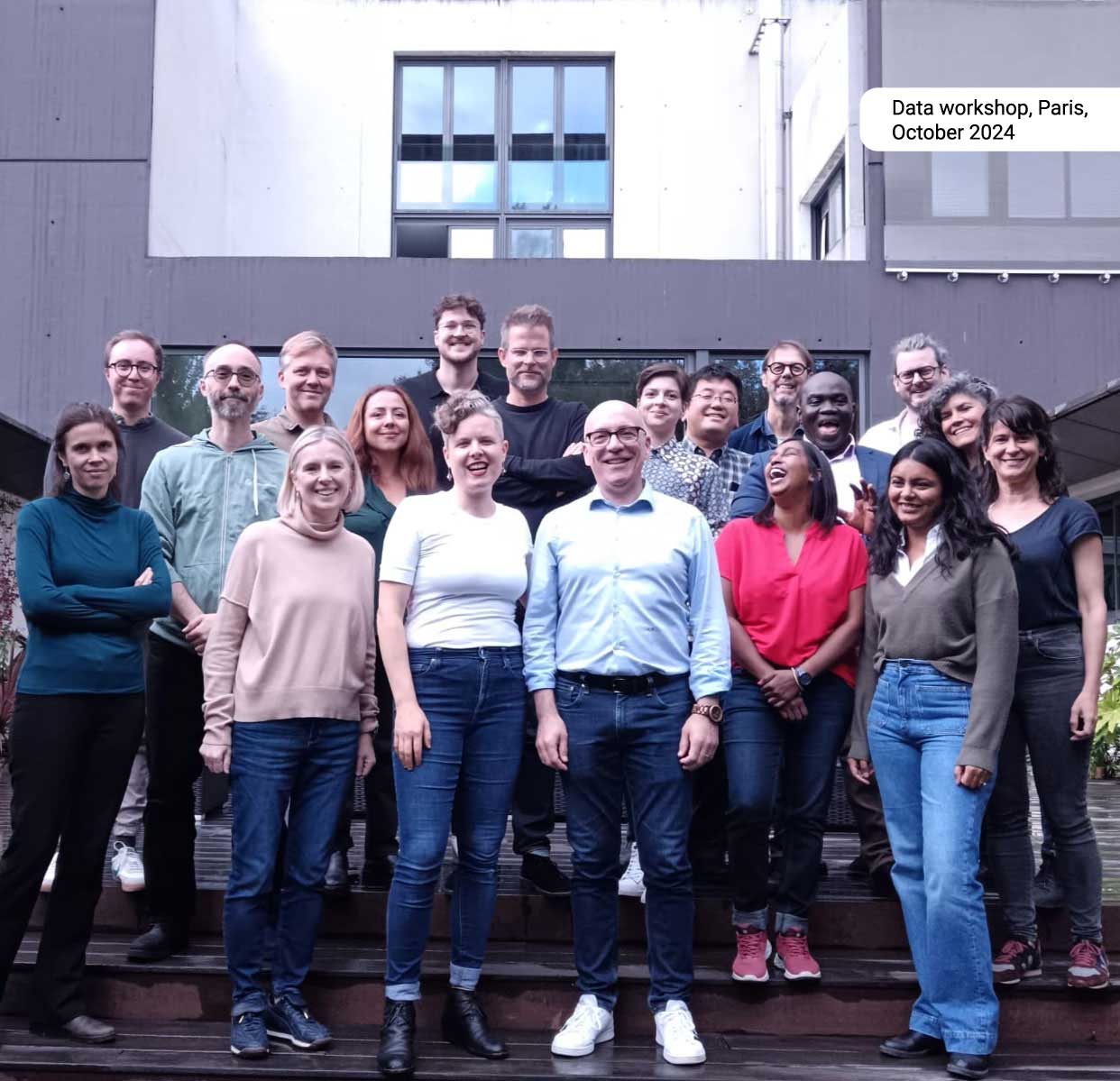
The traditional view of Open Source code and licenses when applied to AI components are not sufficient to guarantee the freedoms to use, study, share and modify the systems.
Government regulations have begun in Europe, the United States, and elsewhere. Communities need a common understanding to educate policy makers.
Companies are calling AI systems “open source” even though their licenses contain restrictions that go against the accepted principles and freedoms of open source.
Supporting Organizations
Supporting Individuals
Co-designers
Systems reviewed
Nationalities
People of Color
Global South
Femme, Trans, & Nonbinary
In 2023, we started the co-design process hosting several online and in-person activities around the world.
2024 - 2025
Late 2024 into 2025, the OSI is gathering endorsements from various individuals and organizations, including Mozilla, Suse, Eleuther AI, Ai2, Eclipse Foundation, and the OpenInfra Foundation, among many others.
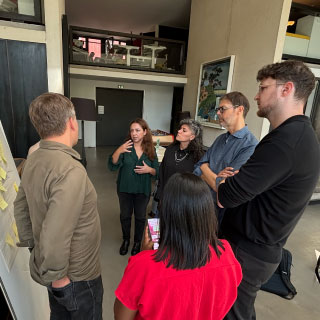
As part of our validation and testing of the OSAID, the volunteers checked whether the Definition could be used to evaluate if AI systems provided the freedoms expected. The list of models that passed the Validation phase are: Pythia (Eleuther AI), OLMo (AI2), Amber and CrystalCoder (LLM360) and T5 (Google). There are a couple of others that were analyzed and would probably pass if they changed their licenses/legal terms: BLOOM (BigScience), Starcoder2 (BigCode), Falcon (TII). Those that have been analyzed and don't pass because they lack required components and/or their legal agreements are incompatible with the Open Source principles: Llama2 (Meta), Grok (X/Twitter), Phi-2 (Microsoft), Mixtral (Mistral). These results should be seen as part of the definitional process, a learning moment, they're not certifications of any kind. OSI will continue to validate only legal documents, and will not validate or review individual AI systems, just as it does not validate or review software projects.
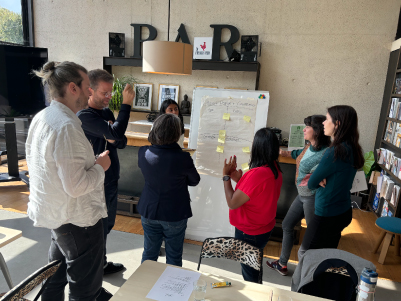
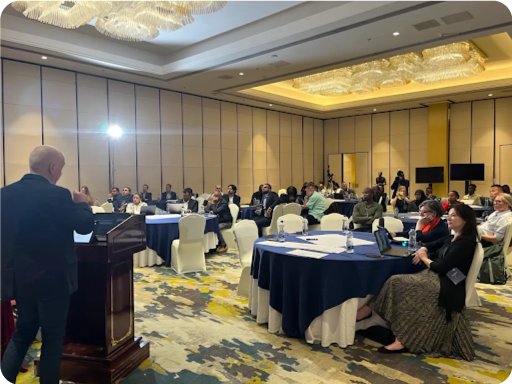
There are many ways to get involved:
Governance for the Open Source AI Definition is provided by the OSI Board of Directors. The OSI board members have expertise in business, legal, and open source software development, as well as experience across a range of commercial, public sector, and non-profit organizations. Formal progress reports including achievements, budget updates, and next steps are provided monthly by the Program Lead for advice and guidance as part of regular Board business. Additionally, informal updates on the outcomes of key meetings and milestones are provided via email to the Board as required.
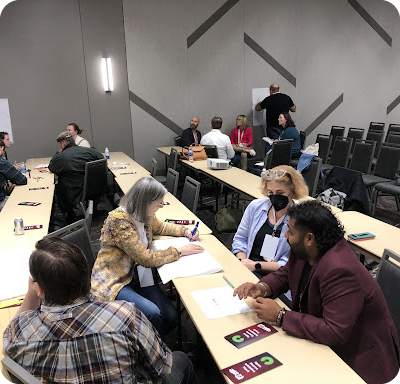
OSI’s efforts wouldn’t be possible without the support of our sponsors and thousands of individual members.
Become a sponsor or join us today!